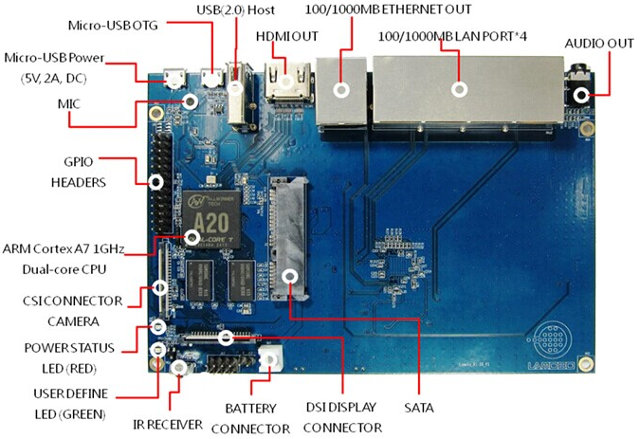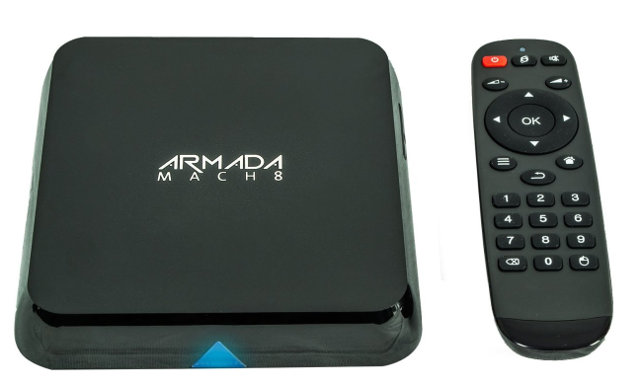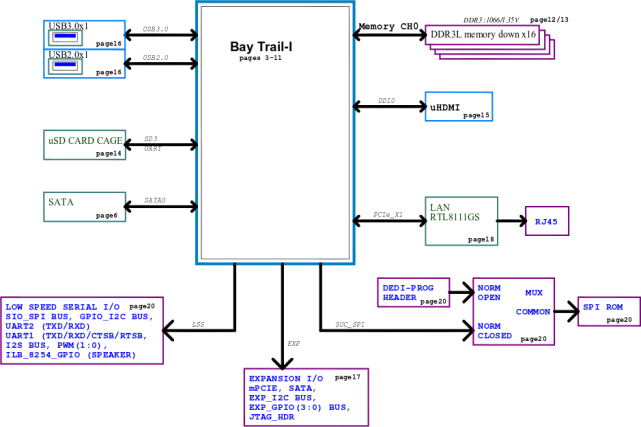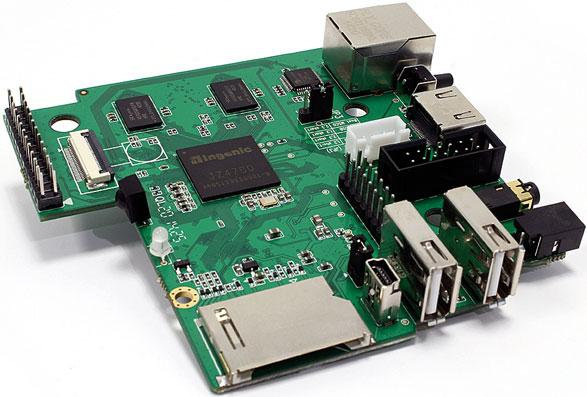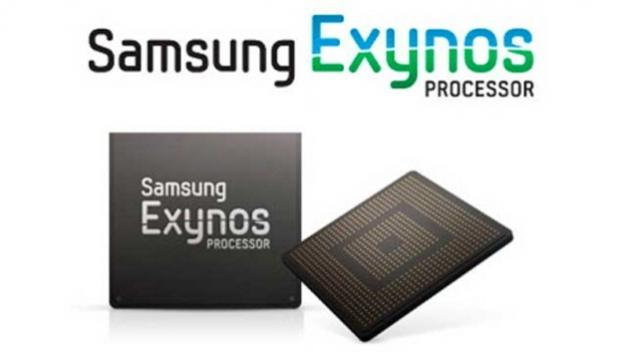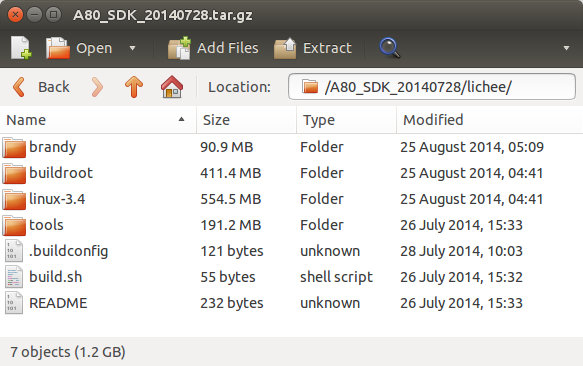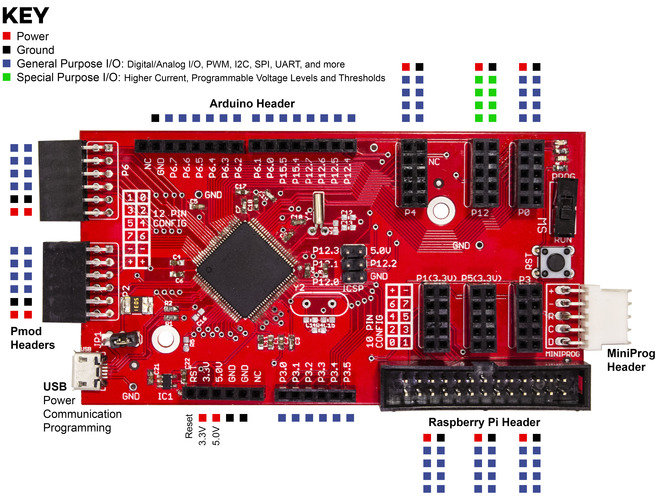SinoVoIP, a company known for its Banana Pi board and related spamming, has been working on another AllWinner A20 product called BPI-R1 (Banana Pi R1), a router/NAS platform that features 5 Gigabit Ethernet ports, a SATA interface, HDMI, audio output, and more. BPI-R1 Board specifications: SoC- Allwinner A20 dual core Cortex A7 processor @ 1 GHz with Mali-400MP2 GPU System Memory – 1 GB DDR3 Storage – SD card slot up to 64GB, SATA connector for hard drive or SSD up to 2TB Video output – HDMI, LVDS/RGB via DSI connectors Audio I/O – HDMI, 3.5mm stereo jack, and on-board microphone Camera – CSI connector possibly interfacing with their upcoming BPI-D1 camera Connectivity – 5x Gigabit Ethernet (RJ45) ports including 4x LAN ports, 1x WAN port, 802.11 b/g/n Wi-Fi (RTL8192CU module) with two antenna connectors. USB – 1x USB 2.0 port, 1x micro USB OTG port, 1x micro USB for […]
Armada Mach 8 Pure Linux is a Quad Core XBMC Linux TV Box
Armada Mach 8 is an Amlogic S802 based TV Box apparently based on M8/EM8 hardware, but instead of running Android, it comes with XBMC Linux. It’s unlikely a quad core media player brings much performance over a dual core media player with XBMC Linux, but Amlogic S802 adds 4K video playback compared to Amlogic AML8726-MX. One of the main advantages of Linux compared to Android is support for automatic frame rate switching depending on the video you are watching (24Hz, 50Hz, 60Hz…), in order to avoid regular skipped frames when the video frame rate does not match the video output refresh rate. Let’s double check the specifications to confirm they are indeed the same as Shenzhen Tomato / Enybox M8, except possibly for Bluetooth: SoC – AMLogic S802 quad core Cortex A9r4 processor @ 2GHz with Mali‐450MP6 GPU @ 600Mhz System Memory – 2GB DDR3 Storage – 8GB NAND flash […]
MinnowBoard MAX Schematics, Board layout, Gerber, and BoM Released
MinnowBoard MAX (aka MinnowBoard2) is an embedded board powered by Intel Atom Bay-Trail-I E3815 (single core) or E3825 (dual core) processor, with 1 to 2GB RAM, SATA II, USB 3.0, Gigabit Ethernet ports, and more. The board currently officially supports four operating systems: Debian GNU/Linux, Linux built with the Yocto Project, Android 4.4, and Windows 8.1. One of its main selling point is the price as the single core version sells for $99, and the dual core version for $129, rivalling in price with equivalent ARM based development boards. It’s also an open source hardware board, and as it’s now about to ship, CircuitCo released all hardware files under a Creative Commons CC-BY-SA license, allowing anybody with the right skills to create a clone, or their own hardware. Here are the files that have been released: Schematic (PDF) Schematic (Orcad DSN) Board Layout (Allegro BRD) Gerbers Bill of Materials Schematics […]
MIPS Creator CI20 Development Board Formally Announced, Free to Selected Developers
Earlier this month, I discovered MIPS Creator CI20 development board based on Ingenic JZ4780 dual core MIPS processor thanks to one of my reader. Imagination Technologies has now launched the board, which will run Debian 7 first, soon support Android 4.4 and others Linux distributions, and the company places their MIPS board as a competitor to the popular ARM based boards such as the Raspberry Pi and BeagleBone Black. This is the first board part of Prpl initiative for open source Linux and Android software for the MIPS architecture. As a reminder, I’ll list the hardware specifications again: SoC – Ingenic JZ4780 dual core MIPS32 processor @ 1.2 GHz with Imagination PowerVR SGX540 GPU. 32kI + 32kD per core, 512K shared L2. System Memory – 1GB DDR3 Storage – 8GB NOR flash, 1x SD card slot, 1x SD card slot via expansion Video Output – HDMI up to 1080p Audio […]
Samsung Exynos 7 ARM Cortex A57 Processor Linux Code Submitted
Samsung has not announced any 64-bit processor yet, but according to a recent patchset Exynos 7 may be their first 64-bit ARM SoC, and it will be based on the faster Cortex A57 cores. A quick way to learn a little more is to check the device tree file (exynos7.dtsi). Here’s an interesting snippet:
|
1 2 3 4 5 6 7 8 9 10 |
+ cpus { + #address-cells = ; + #size-cells = ; + + cpu@0 { + device_type = "cpu"; + compatible = "arm,cortex-a57", "arm,armv8"; + reg = ; + }; + }; |
As it stands, Exynos7 would be a single core Cortex A57 processor. This sounds unlikely that a company would launch a single core processor at this stage, so it’s probably early code that may not support all cores just yet. We also know Samsung uses ESPRESSO board for development with Samsung Exynos 7 processor and 3 GB RAM. Thanks to David for the tips. Jean-Luc Aufranc (CNXSoft)Jean-Luc started CNX Software in 2010 as a part-time endeavor, before quitting his job as a software engineering manager, and starting to write daily news, and reviews full time […]
AllWinner A80 Linux SDK Released
After Android 4.4 SDK for AllWinner A31 last week, another AllWinner software development kit has been seen in the wild, this time for the new AllWinner A80 octa-core processor. A80 SDK includes source code for the Linux Kernel and U-boot, as well as buildroot, and various AllWinner tools. I’ve also noticed AllWinner A80 datasheet is available, but with the strict minimum information (45 pages). Let’s get the code, and extract it:
|
1 2 3 |
wget http://dl.linux-sunxi.org/SDK/A80/A80_SDK_20140728.tar.gz tar xvf A80_SDK_20140728.tar.gz cd A80_SDK_20140728 |
Now we need to configure the build:
|
1 2 3 4 5 6 7 8 9 10 11 12 13 14 15 16 17 18 19 20 21 |
./build.sh config Welcome to mkscript setup progress All available chips: 0. sun9iw1p1 Choice: 0 All available platforms: 0. android 1. dragonboard 2. linux Choice: 2 All available kernel: 0. linux-3.4 Choice: 0 All available boards: 0. optimus 1. p1 2. perf 3. perf5 4. perf-lpddr3 Choice: 0 |
sun9i is the codename for AllWinner A80, not sure what w1p1 means. Dragonboard must be the internal Allwinner development board, but I just selected Linux, since the SDK does not come with Android, and finally I opted for optimus, which could stand for OptimusBoard. You may need to install extra dependencies in your build machine, for example (in Ubuntu 14.04):
|
1 |
sudo apt-get install flex texinfo build-essential |
Now let’s start buildroot which should retrieve the toolchain, […]
RPiSoC Development Board Based on Cypress PSoC 5LP Features Pmod, Raspberry Pi, and Arduino Headers (Crowdfunding)
Embedit Electronics, a startup founded by two recent graduates of Rensselaer Polytechnic Institute, USA, has designed a board powered by Cypress Semiconductor PSoC 5LP ARM Cortex M3 system-on-chip with programmable digital and analog I/Os. The board can interface with all Raspberry Pi models, Digilent Pmod peripheral modules, and supports Arduino shields. RPiSoC specifications: SoC – Cypress PSoC 5 with ARM Cortex M3 core at 67MHz , 256 KB Flash Program Memory, with user configurable write protection, and 64KB SRAM Expansions and I/Os: Arduino shield and ICSP compatible headers. 2x Digilent Pmod compatible headers 58 reconfigurable GPIO pins 26-pin ribbon cable connector for use with the Raspberry Pi 8 SIO (Special Input/Output) pins with higher current sink 5-pin MiniProg3 header for programming via MiniProg3 hardware. USB – 1x micro USB port for power, communication and programming. Misc – Reset push button, User accessible LED, Programming switch Power – 5V via micro […]
$25 GL.iNet 6416A is an Hackable OpenWRT Router with Easy UART and GPIO Access
There are plenty of low cost routers supporting OpenWRT, but GL.iNet 6416A has several advantages compared to devices like TP-Link WR703N. Both are based on Atheros AR9931, but GL.iNet router has more memory and storage (64MB RAM + 16MB Flash vs 32MB RAM + 4MB Flash), two Ethernet ports instead of just one, and 6 GPIOs, the serial pins, and power signals (5V, 3.3V and GND) are all easily accessible via though holes or headers. Gl.iNet 6416A can be purchased for about $25 on DealExtreme or Amazon US, and it used to be listed on eBay, but is now out of stock. Gl/iNET 6416A specifications: Wi-Fi SoC – Atheros AR9331 MIPS processor @ 400 MHz System Memory – 64MB RAM Storage – 16MB Flash Connectivity – 2x 10/100 Mbit Ethernet ports, 802.11 b/g/n Wi-FI up to 150Mbps USB – 1x USB 2.0 port, 1x micro USB port for power Debugging […]


